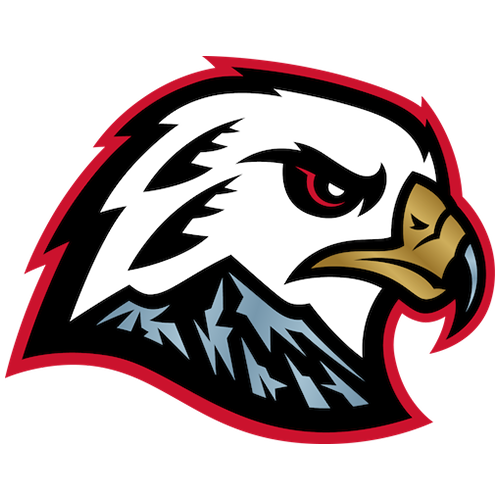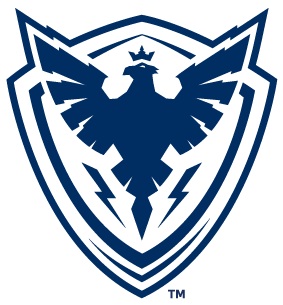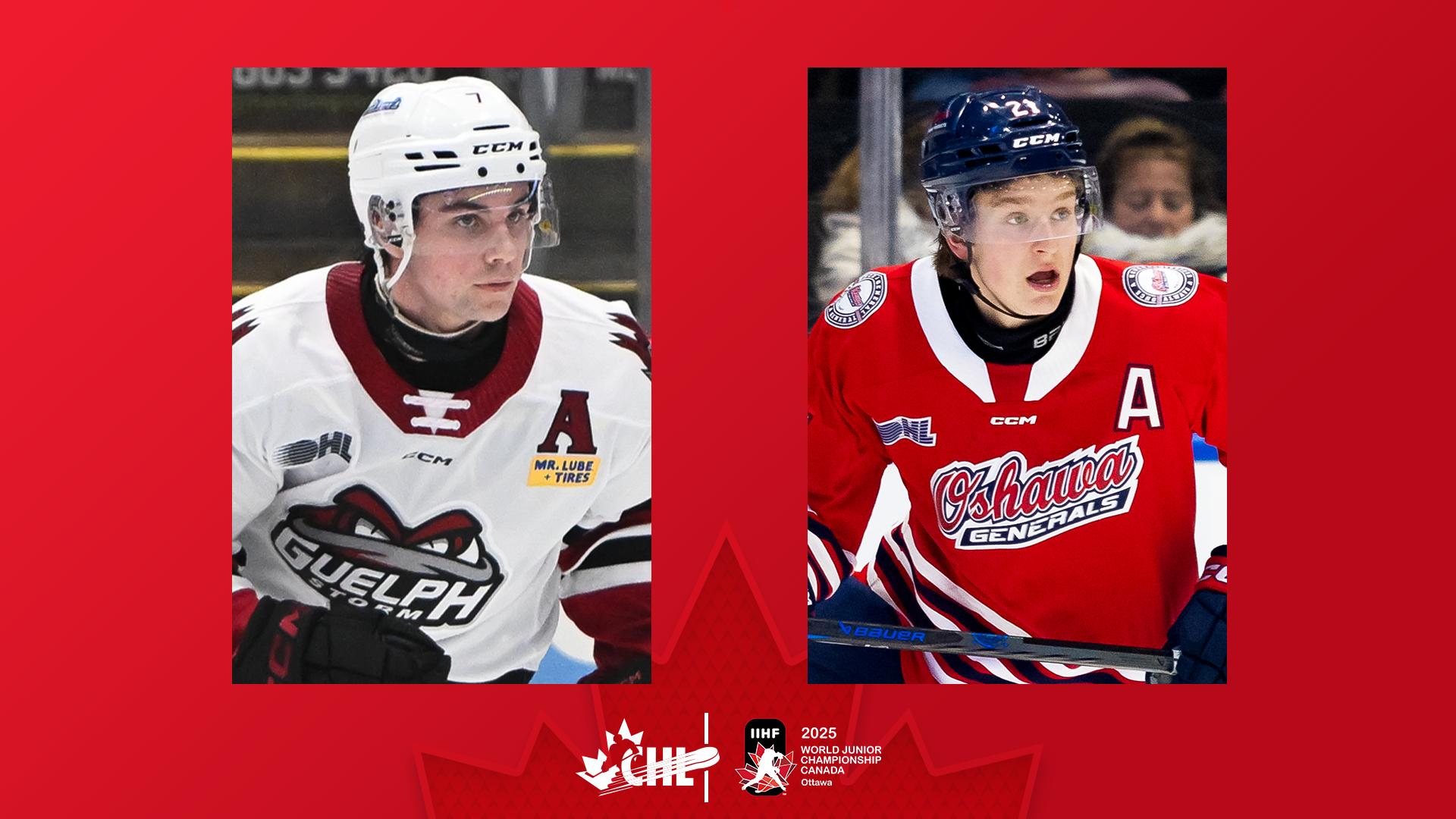Guelph minor hockey gets a heads-up on its concussion rates
By Tony Saxon, Guelph Mercury
When 11-year-old Brendan Baker was cross-checked in the back of the head during a minor peewee hockey game last November, nobody knew the long and difficult journey that lay ahead.
Wobbling to the bench at a North York arena, he and his coach immediately knew something was wrong.The youngster was taken to the dressing room to change into his street clothes.
“Right away, the coach knew something was wrong,” Brendan’s mom Stacey says.
Almost six months later, Brendan, now 12, has only just returned to full-time studies at Sir Isaac Brock Public School. He still suffers from concussion symptoms and will not be playing rep hockey next season for the first time since he was old enough to try out.
His was one of three severe concussions last year identified by the Guelph Minor Hockey Association’s new concussion management program. Nine other players suffered less serious concussions.
Last fall, the GMHA became the first minor hockey association in Canada to implement a pilot two-year concussion testing and education program.
Identifying concussions, monitoring the player’s recovery and making sure it’s safe for them to return to playing are all part of the program, which began with pre-season baseline testing of roughly 360 rep players at the minor peewee level and above.
The program is run in relationship with the Guelph Medical Concussion Panel, which is made up of medical professionals with expertise and experience about concussions.
“It’s a pro-active step, which is one of the positive things,” said physiotherapist Jackie Sinkeldam, one of the members of the advisory committee that also includes three doctors.
Sinkeldam, who would like to see Guelph minor soccer and football follow the precedent set by minor hockey, said the program can only be a positive.
“Education and awareness is the key. If we can get the message out there to coaches, players, trainers and parents, then we won’t be missing many concussions.
“Education and awareness amongst all the members was the most important thing this year,” she said, that and getting baseline tests done prior to the season at a cost of $20 a player.
Any player suffering a concussion is then given a “concussion passport.” That’s a step-by-step guide to returning to the ice. A player has to pass a series of levels before being cleared to play or practice.
The Baker family wasn’t worried about getting Brendan back on the ice. They just wanted their old son back after a very frustrating five months.
Brendan’s recovery has been incremental and his mom has struggled to find who to turn to help with his recovery. It has been a very gradual process.
“Brendan was emotional, he had trouble sleeping and his short-term memory just wasn’t there,” Stacey Baker said. “At Christmas he couldn’t walk around the block.”
Shane Mabey (pictured), the Guelph Storm’s head athletic therapist and a member of the Guelph Medical Concussion Panel, called Baker one day and gave her some good advice, putting her in touch with Dr. Patti Galvin, another member of the committee.












































































